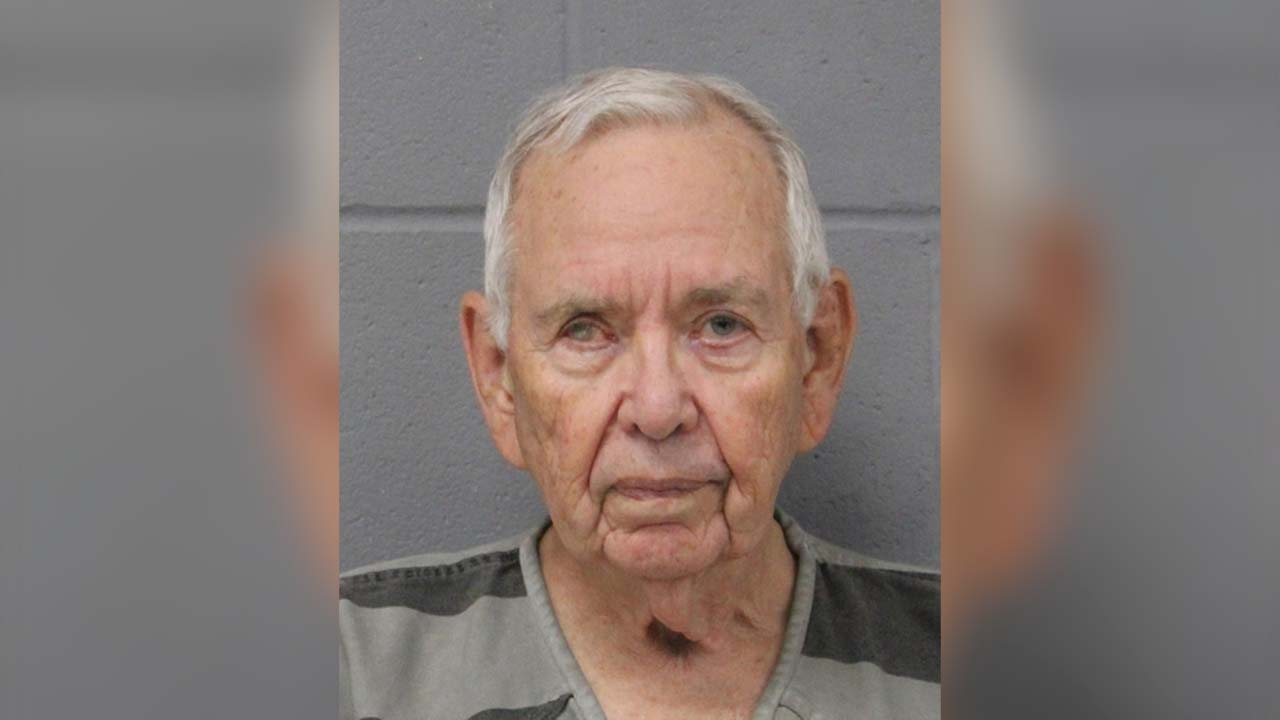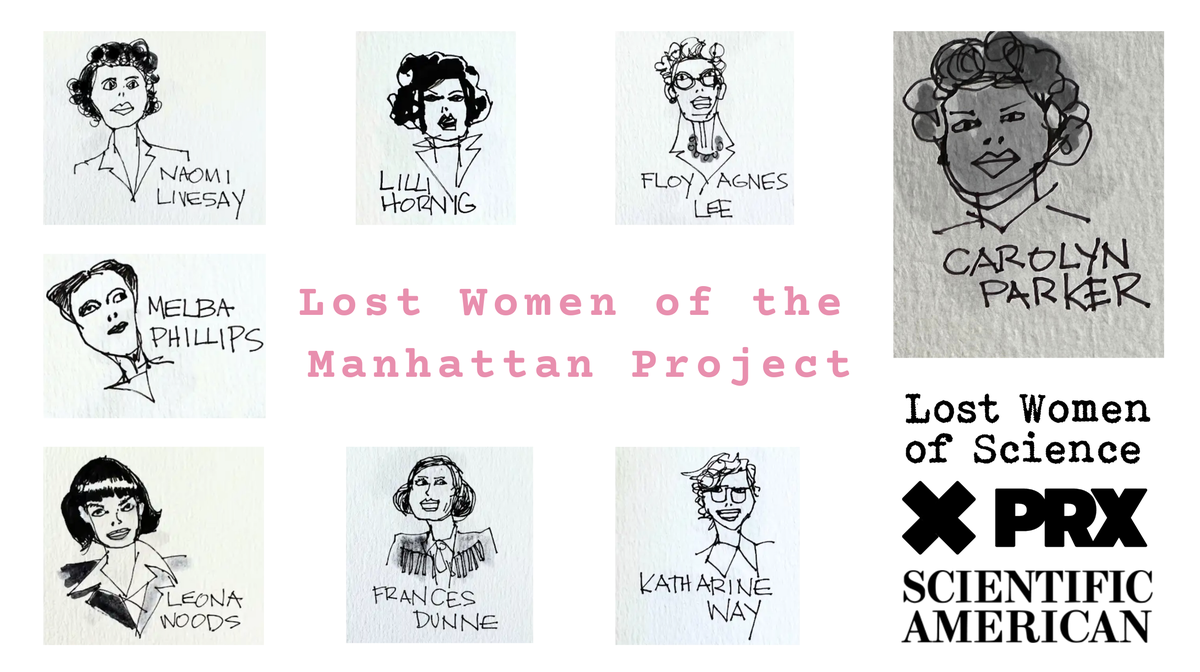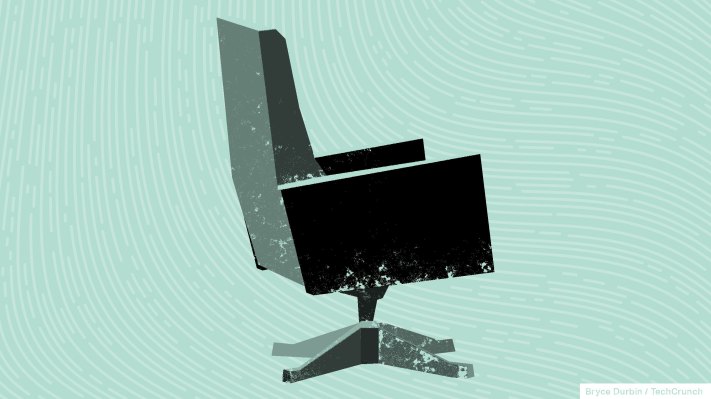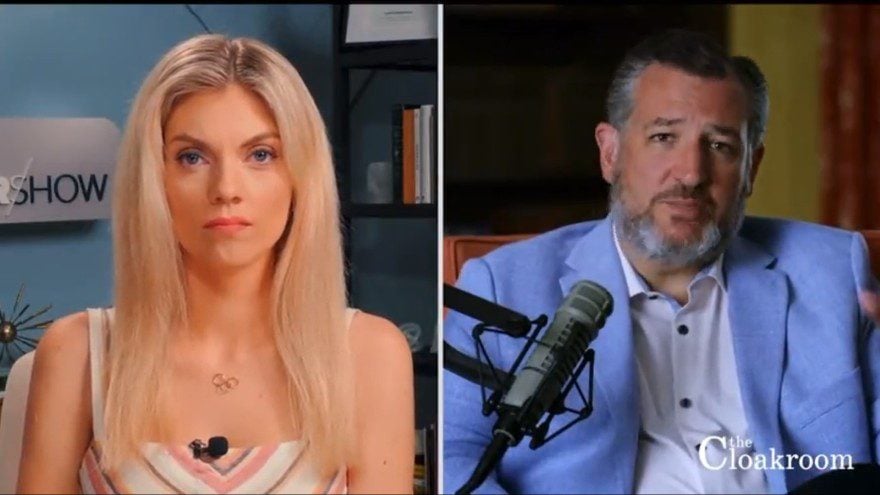[This story contains major spoilers from Don’t Make Me Go.]
In Don’t Make Me Go, teen lead and young narrator Wally — played by burgeoning star Mia Isaac — is just beginning to grapple with the idea that her father might not be around forever when the unthinkable happens.
The bittersweet road-trip film sees John Cho’s Max taking his daughter cross-country to a class reunion, under the guise of seeing friends. But unbeknownst to Wally, they’re really going in hopes that her dad will see his ex and Wally’s mother, who left them both. Max has been diagnosed with a terminal condition that requires surgery, which itself has a questionable survival rate, and he hopes her mother can be the one to take care of their child when he’s gone.
Max has kept his condition — and his plans to decline treatment and use his last year to prepare her for a life without him — a secret from his daughter. But when he reveals it to Wally after a heartbreaking conversation with her mom, the young teen’s initial reaction curdles into a heated confrontation and a (minor) fender bender before the two are ultimately brought closer than they’ve ever been.
But in the moment of their greatest clarity about one another, as Wally watches her father sing under the warm lights of a karaoke bar, their relationship takes a turn neither of them expected, ending in Wally’s death. Vera Herbert’s script and both Cho and Isaac’s performances encapsulate the distinct honesty, dependence and love between single parents and their children, which helps make the film’s heartwrenching twist — that like her father, Wally also has an (unknown and untreated) illness that takes her life unexpectedly — so difficult to watch.
Isaac knew about her character’s death before she had even secured the part in the film, with director Hannah Marks accidentally assuming the young actress had read the whole script during a Zoom audition. But, Isaac says, she didn’t know where the teen’s death was exactly in the story. “I had this idea of what the ending was going to be like,” the actress says. “But when I was reading that karaoke scene — I was not expecting it to happen in that scene, and so for me, I was instantly bawling.”
Cho says reading that scene for the first time felt like a gut punch. “I didn’t know when I read the script, and then I had a Keyser Söze kind of moment where I was tracking, flipping back, trying to piece it all together,” he says.
Marks acknowledges that the moment is a “slow realization” with hints and “little seeds planted” throughout the film. That includes how the team visually conveys Wally’s symptoms. “A lot of her illness manifests itself in a way that feels like normal teenage anxiety or panic, but they’re actually symptoms of something that’s physically wrong with her,” Marks says.
The director says she and cinematographer Jaron Presant had a custom filter that he “would make with some glue on a piece of glass,” and they’d use it whenever Wally or Max experienced headaches or dizziness. “Those little visual indicators came to a culmination at the end of the karaoke when there’s a lot of overlaid visuals of their faces together and the filters morphing reality,” she added.
Wally’s death is a delicate scene, doubling as a moment of revelation and loss — which ultimately gives way to hope for Max. In a movie that is already bursting with emotion, that helped underscore the significance of the film’s larger message and that literal and metaphorical miles-long journey the father and daughter had gone on with one another.
“Max spends the whole movie trying to protect Wally and trying to do whatever he can to make sure that she’s going to be OK when he passes away. So he has this idea in his head that he’s going to be able to protect her from life,” Isaac says. “I think the big message of the story is that you can’t always protect your children from everything. Sometimes the only thing you can do is just live with them and try to guide them through the things that they’re experiencing and learn from them. “
Marks calls it a “really beautiful last moment between them.”
“It’s when Max is finally listening to Wally and learning from her. She’s saying go up there and take a risk and be confident and express yourself,” the director tells THR. “This is the moment when he finally does and she gets to see him as this full human being who has a past and a history and not just as her dad. They really get to see each other like that and learn from each other.”
It’s a powerful scene punctuated by much of what gives the rest of the film its charm: its vulnerability and humor. In the minutes before Wally passes away, she watches her father cut loose on a karaoke stage. Marks playfully says she took the karaoke seriously, brushing off Cho’s stance that it doesn’t have to be as good because it’s karaoke. “I was surprised that you thought it might not be good because you’re gifted,” she says.
Isaac said she was impressed with Cho’s singing and “watched it every time.” For the actor, a self-described “willing karaoke-er” and solid singer, it was likely more painful for those who had to watch him move through take after take. “We pre-recorded the song but that particular day there was no music for the audience, and no booze for the audience,” Cho says, laughing. “And I had to do it a lot, so it wasn’t as fun as regular karaoke but I never mind singing.”
That humor and joy ahead of the sobering revelation aren’t just to catch viewers off-guard before landing the film’s twist. It’s ultimately key to understanding how Wally and Max’s love changed them both. “It’s a small but important, symbolic moment of willing submission to his daughter and her wishes, of throwing away his ego and his pride,” Cho says. “It’s a moment of risk that is gifted to him by his daughter in a willingness to be vulnerable, and it is a final lesson that he has to take.”
“I honestly think it’s so nice and beautiful that the last thing Wally sees is her father smiling at her,” Marks adds. “That to me is really really important. That their final moment together gets to be one of joy.”
Don’t Make Me Go is streaming on Amazon’s Prime Video.























































